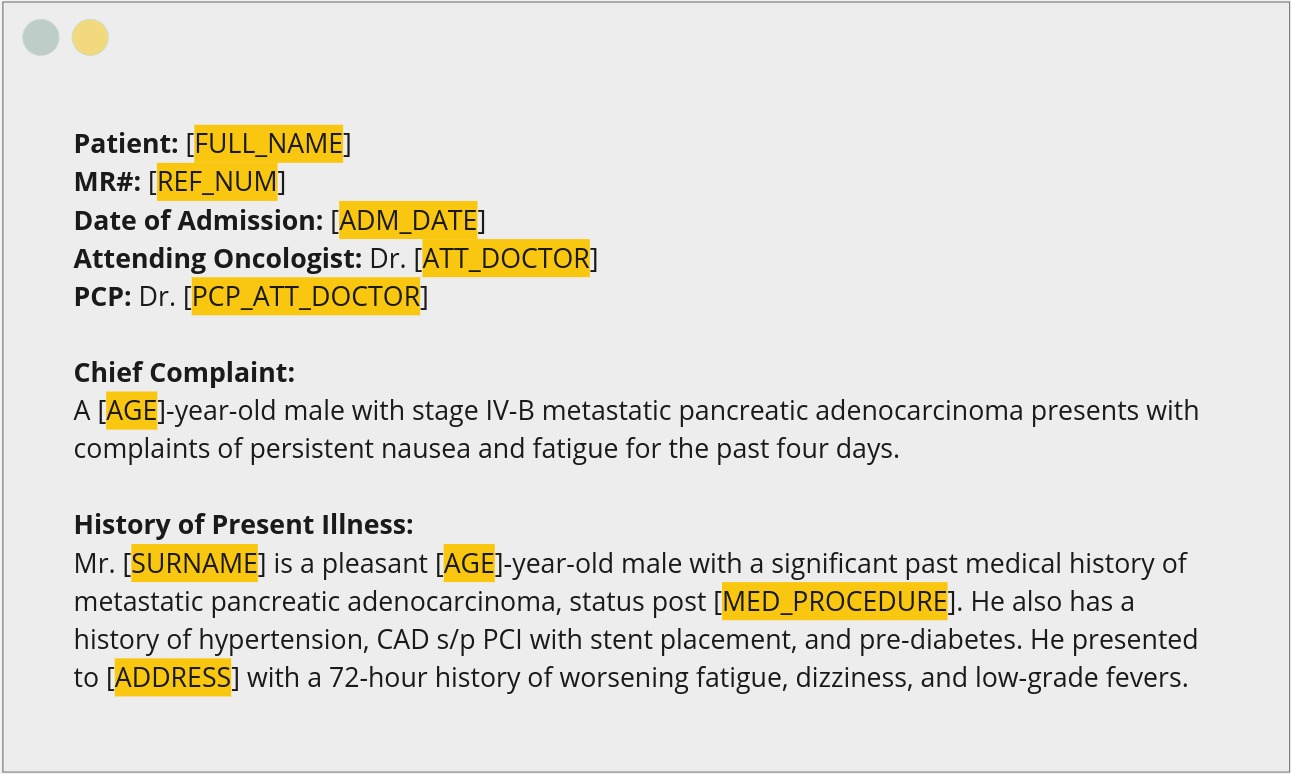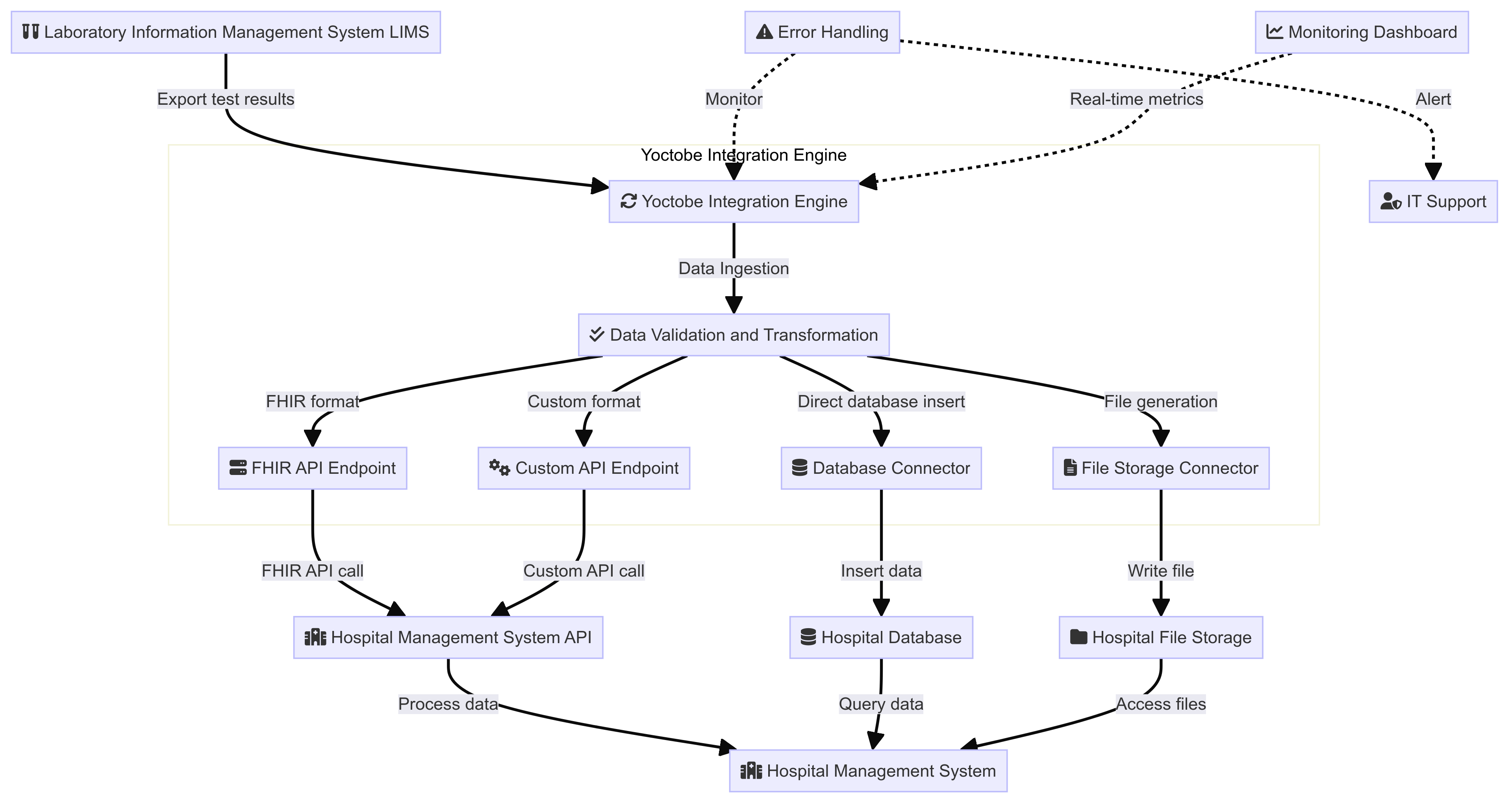What is de-identification and why is it important? De-identification is the process of removing or obscuring personal information from health data, making it difficult or impossible to link the data to specific individuals. This process is crucial for healthcare organisations to: De-identification allows healthcare providers to unlock valuable insights from patient data while maintaining strict […]
The Columbia International eHealth Laboratory (CIEL) concept dictionary is a comprehensive, multi-lingual clinical terminology developed to support electronic health record systems, particularly in resource-limited settings. It provides a standardized set of medical concepts that cover a wide range of clinical domains, making it especially valuable for global health initiatives and implementations of OpenMRS, a popular […]
RxNorm is a standardized nomenclature for clinical drugs developed by the National Library of Medicine (NLM). It provides normalized names for clinical drugs and links its names to many of the drug vocabularies commonly used in pharmacy management and drug interaction software. RxNorm is designed to support semantic interoperability between drug terminologies and pharmacy knowledge […]
SNOMED CT (Systematized Nomenclature of Medicine — Clinical Terms) is a comprehensive, multilingual clinical healthcare terminology. Developed by SNOMED International, it provides a standardized way to represent clinical terms across various healthcare settings. SNOMED CT is designed to facilitate the accurate recording and sharing of health information between healthcare providers, researchers, and other stakeholders. Structure […]
Logical Observation Identifiers Names and Codes (LOINC) is a universal standard for identifying medical laboratory observations. Developed and maintained by the Regenstrief Institute, LOINC provides a set of universal names and ID codes for identifying laboratory and clinical test results. This standardization is crucial for the exchange and aggregation of clinical results for patient care, […]
The International Classification of Diseases, 10th Revision (ICD-10) is a standardized system for coding and classifying mortality data and morbidity data from inpatient and outpatient records, physician offices, and most National Center for Health Statistics (NCHS) surveys. Developed by the World Health Organization (WHO), ICD-10 provides a common language for reporting and monitoring diseases, enabling […]
This document provides a detailed, step-by-step explanation of the data flow from a Laboratory Information Management System (LIMS) to a Hospital Management System (HMS) using the Yoctobe Integration Engine. 1. Data Export from LIMS 2. Data Ingestion by Yoctobe Integration Engine 3. Data Validation and Transformation 4. Data Routing 4a. FHIR API Endpoint 4b. Custom […]
In the rapidly evolving landscape of healthcare technology, the ability to seamlessly exchange and interpret health data across different systems and organizations has become paramount. At the forefront of this interoperability revolution stands HL7 FHIR (Fast Healthcare Interoperability Resources), a standard that is reshaping how we approach health information exchange. This article explores how FHIR […]
The ability to exchange and interpret health data meaningfully across different systems is paramount. At Yoctobe, we understand that true interoperability goes beyond mere data exchange – it requires a deep understanding of the context and meaning behind the data. This is where semantic interoperability comes into play, serving as the linchpin for meaningful health […]
The Yoctobe Integration Engine provides a robust platform for integrating laboratory instruments with existing Laboratory Information Management Systems (LIMS). This document outlines how Yoctobe’s features address the key challenges of LIMS-Instrument integration, focusing on real-time, bidirectional, and unidirectional data flows. Key Features for LIMS-Instrument Integration 1. Multi-Protocol Support Yoctobe’s integration engine supports multiple communication protocols, […]
- 1
- 2








